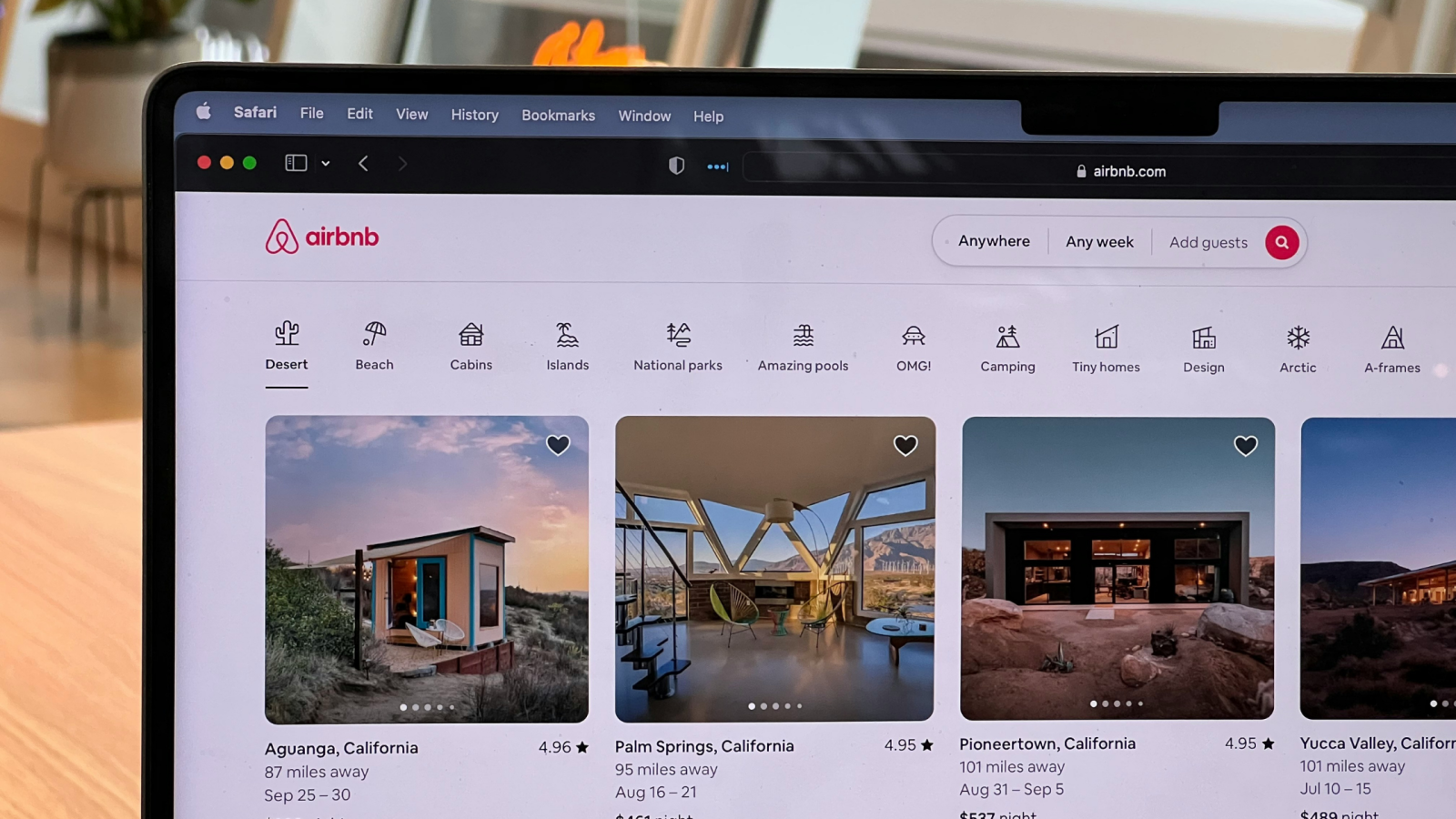Why Airbnb making content for Apple is radical

Photo: Oberon Copeland

On 24th April, Reuters broke the news that Airbnb is creating a docuseries (Home) for Apple’s upcoming streaming service. Over on Amazon Prime Video’s Direct service, Jaguar, Lexus, and Shell have all uploaded branded entertainment documentaries available for Amazon Prime Video subscribers to watch.
The emergence of brands as content creators is not new in and of itself. This evolution really began to take shape with the establishment of the social media ecosystem. However, brands creating content for paid video streaming services (i.e. branded content behind a paywall) is a new and noteworthy angle.
It raises a fundamental two-part question that cuts across themes on advertising, the creator ecosystem, audience relationships and objectivity in the digital age: how do brands create content for paywalled services legitimately in the eyes of consumers? And secondly, should they be allowed to?
The false dichotomy of ad avoidance on subscription services
Netflix received swift backlash online when it began testing pre-roll ads for other Netflix content at the beginning of shows users had otherwise self-selected. The interpretation is that, even if advertising potentially relevant in-house content, one of the main reasons users pay for a video service is to avoid interruptions of any kind.
This does not necessarily mean that users won’t be interested in content created by brands, so long as it feels credible, compelling and relevant to their interests. This content could be self-selected – sought out – by users, as opposed to it being served in an interruptive format like a pre-roll ad.
Featured Report
Defining entertainment superfans Characteristics, categories, and commercial impact
Superfans represent a highly valuable yet consistently underleveraged audience segment for the entertainment industry. What drives this disconnect is the fact that – despite frequent anecdotal use of the term – a standardised, empirical definition remains absent, preventing companies from systematically identifying, nurturing, and monetising th...
Find out more…On Amazon Prime Video Direct, Shell has uploaded a documentary (Journey to the South Pole) about an expedition using entirely renewable energy sources. Jaguar has uploaded a documentary (Jaguar: Going Electric) about how it created its first electric car. Audience receptiveness to these films has been reported as varying (per The Drum), highlighting the critical importance that the content is compelling in and of itself and does not feel like an advertisement.
The need for transparent production processes
For Airbnb, the elements it needs to consider are more than simply how engaging (as measured by notions of creative execution and storytelling) its series ‘Home’ will be for audiences. This digital-native brand needs to consider how to make the content feel credible to digital-first audiences that have a vested interest in the creator revenue ecosystems that underpin the digital content economy. After all, which digital natives don’t create content themselves, or know people that do?
If ‘Home’ executes well regarding creativity (i.e., would a relevant user want to watch this content) but additionally achieves a transparent production process (i.e., gives priority to voices within the travel and creative industries traditionally marginalised and, more critically, pays these contributors well) then the potential push-back on the content is diminished. Digital-native consumers understand the inextricable and potentially fruitful links between big brands and their peer groups making a living.
The future of the branded content ecosystem
The biggest question for brands to consider at the moment is: ‘What can our company do (regarding supply chain policy, diversity and inclusion policies, environmental policies) to legitimise our activities in the eyes of consumers?’. Activities which may include creating content that is made available to audiences that pay for what they think are advertisement-free services. Could Nike perhaps make a docuseries for Netflix about the history of political protest in sport? Would it be seen as a legitimate transmitter of this content in light of its stance on Colin Kaepernick’s role in the protests against racist police brutality in the US?
These developments are forcing us to think deeply about what really constitutes an advertisement in the first place. Soon streaming services, as social media platforms have had to start doing, will need to start clearly signposting which content has been created by a commercial brand (even if it’s the new ‘in-house’ studio arm of that brand). It may turn out that, depending on the brand, this attracts users to that content rather than alienates them.

The discussion around this post has not yet got started, be the first to add an opinion.